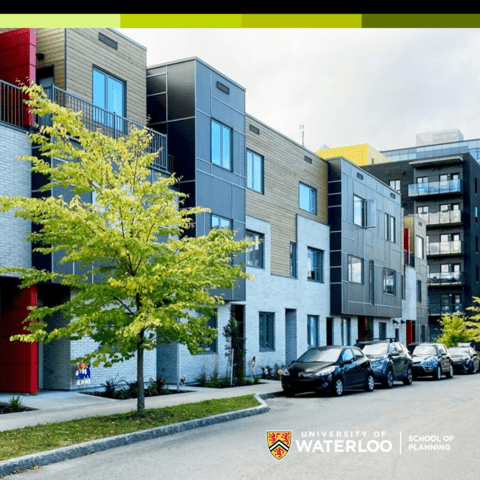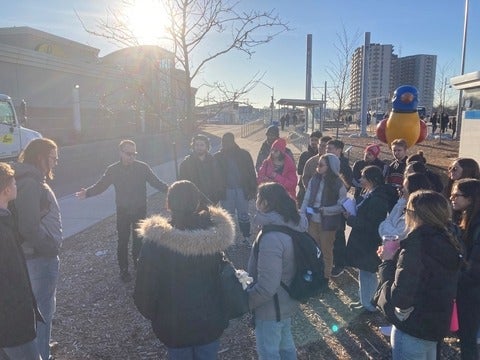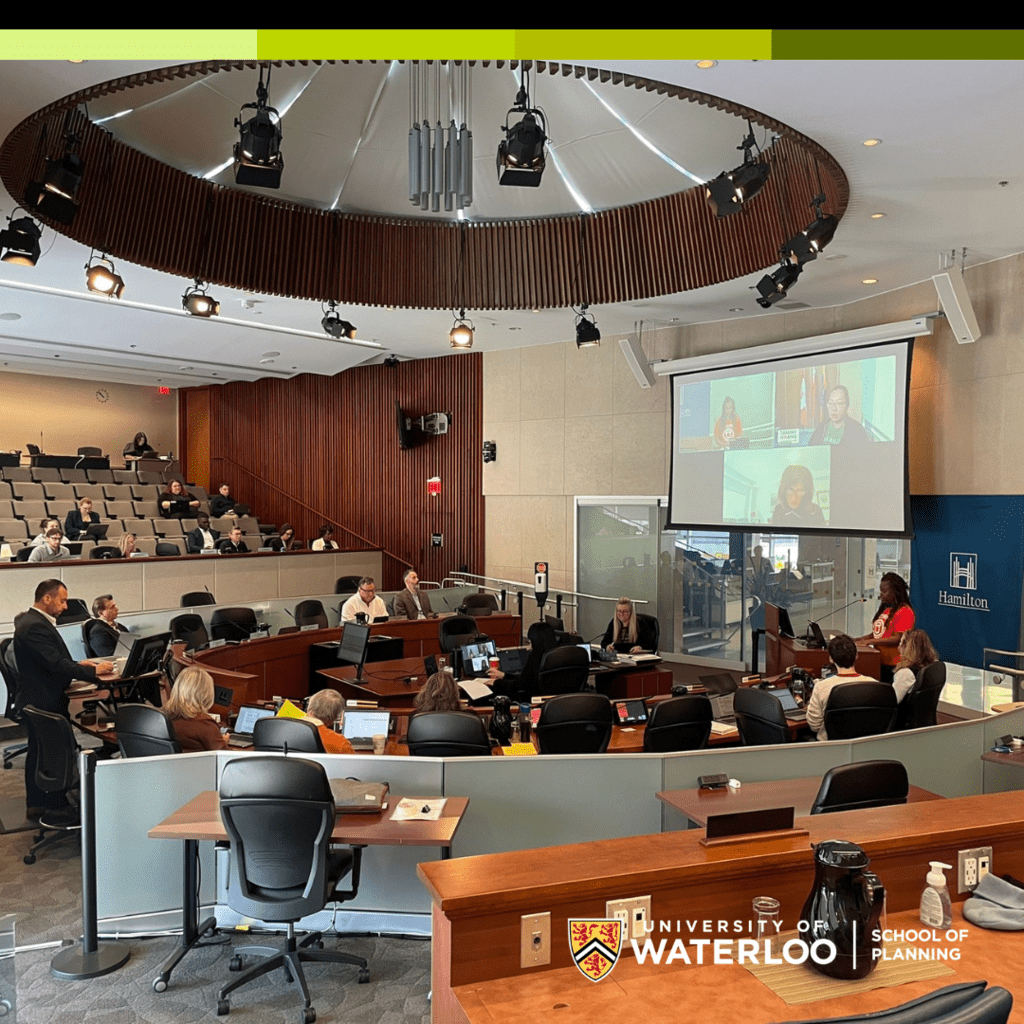While Ontario's agricultural sector plays a significant role in the province's economy, the environmental impact of modern farming practices cannot be overlooked. In particular, large-scale industrial farming practices can contribute to soil erosion, water and air pollution and biodiversity loss. As climate change impacts continue to escalate, the imperative for sustainable farming practices becomes ever more pressing.
Dr. Michael Drescher, a professor in the Faculty of Environment, advocates for the adoption of sustainable farming practices, particularly through the utilization of Environmental Best Management Practices (eBMPs).







